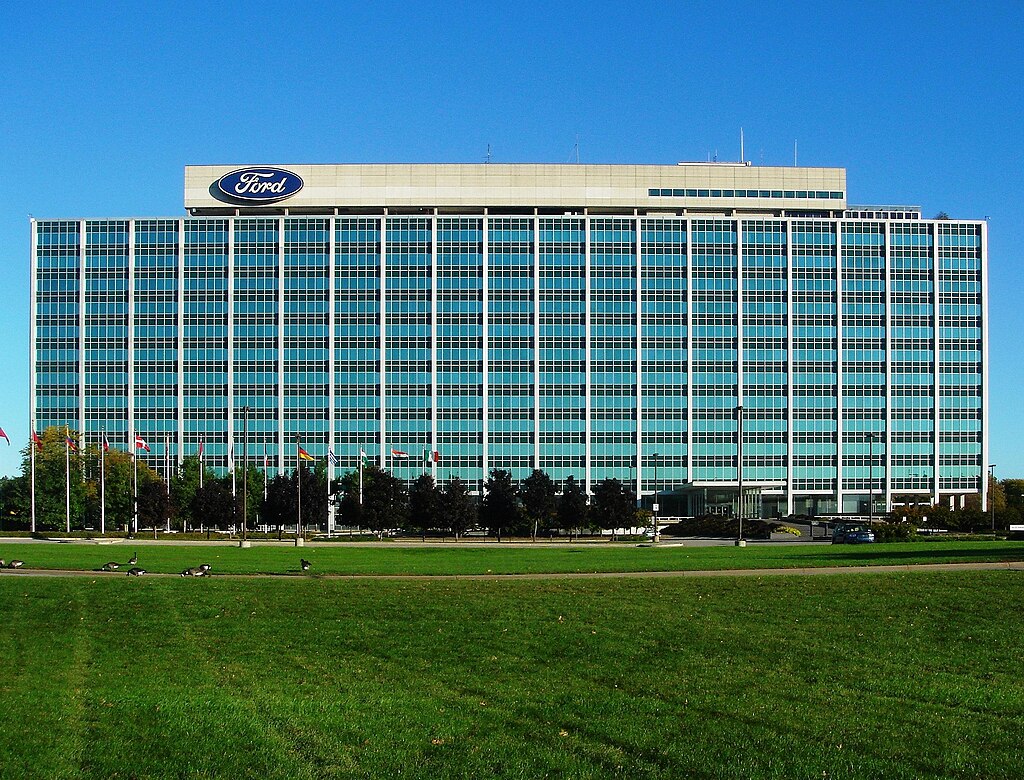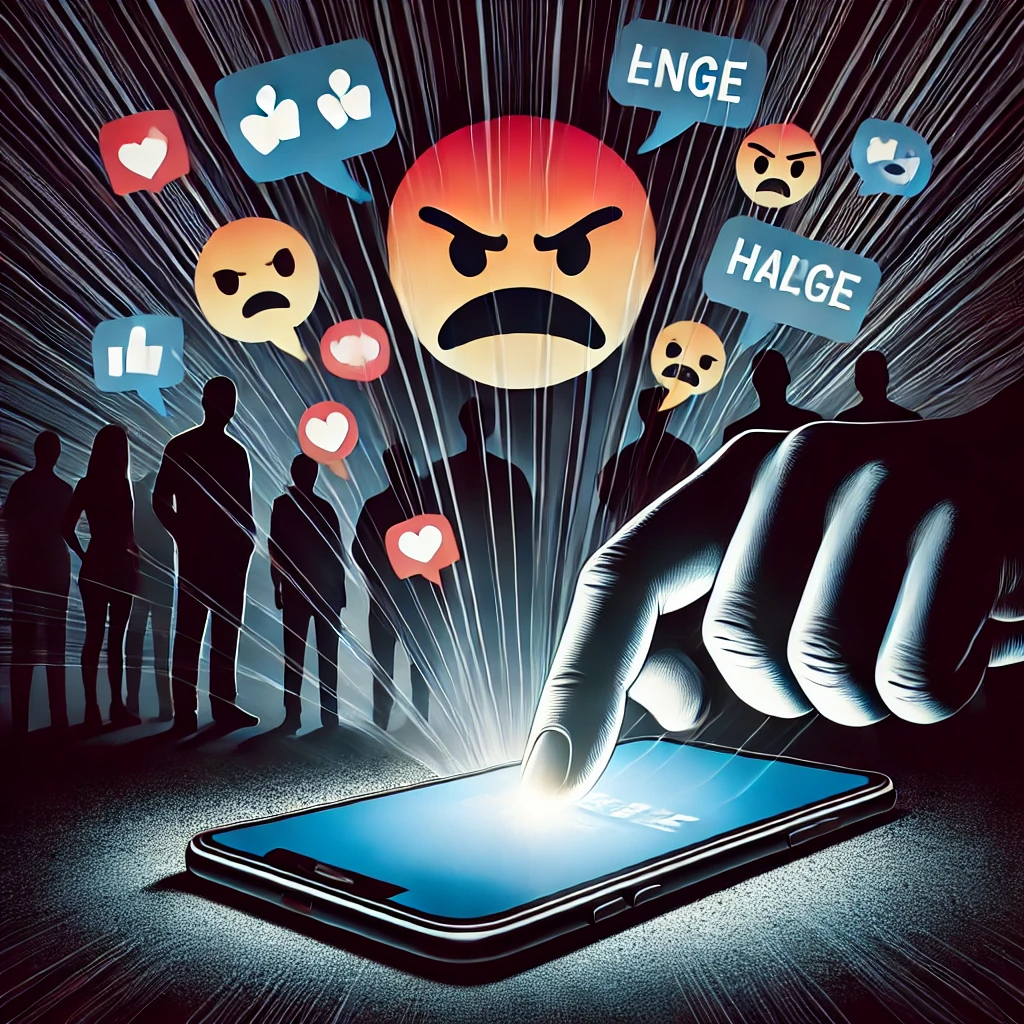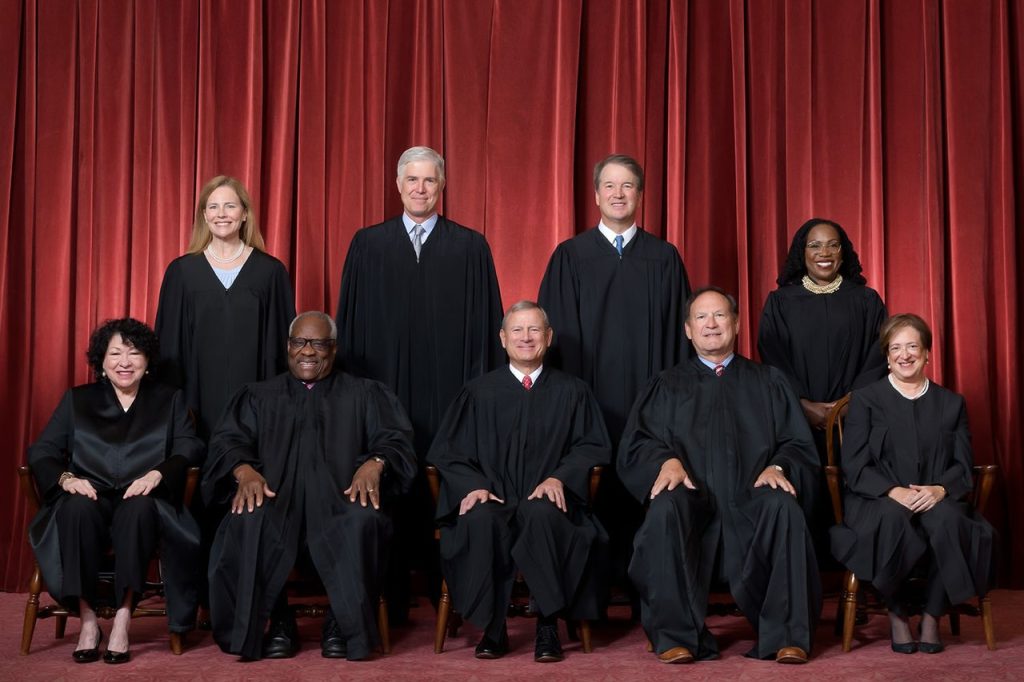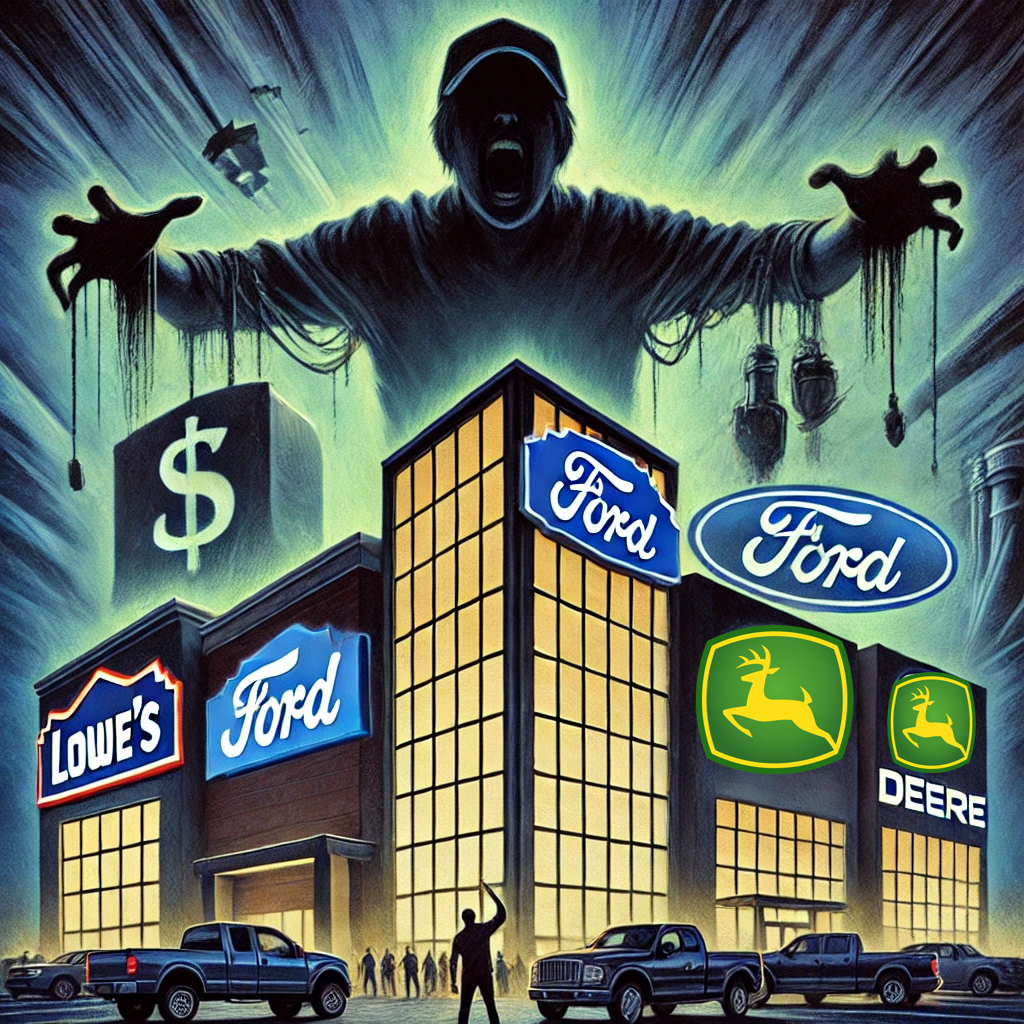Robby Starbuck, a conservative podcast host and activist, has been at the forefront of a movement pushing major corporations to scale back their Diversity, Equity, and Inclusion (DEI) initiatives. Recently, Lowe’s, a leading home-improvement retailer, made significant changes to its DEI policies in response to Starbuck’s pressure. This development has sparked concerns, particularly because DEI initiatives often include anti-bullying measures that aim to create safe and inclusive environments for all employees. Ironically, the methods used by Starbuck and his followers to dismantle these programs closely resemble the social bullying that DEI initiatives are designed to combat.

DEI programs are essential for fostering a workplace culture where employees of all backgrounds feel respected, valued, and safe. These programs often include anti-bullying and harassment protections that address discriminatory behavior and promote mental well-being and productivity. However, Starbuck’s campaign against DEI programs has used aggressive tactics that undermine these principles, targeting companies and pressuring them to abandon their commitments to diversity and inclusion.

In the case of Lowe’s, Starbuck focused on the company’s DEI policies, including employee resource groups and support for Pride events. Under this pressure, Lowe’s announced changes, such as eliminating identity-based resource groups, narrowing its sponsorship focus to business-related issues like affordable housing, and withdrawing from socially oriented community events. Additionally, Lowe’s will no longer participate in the Human Rights Campaign’s data submission process, signaling a retreat from its previous DEI commitments.

This pattern of social pressure is not limited to Lowe’s. Companies like Harley-Davidson, Tractor Supply, and Deere have also scaled back their DEI efforts after being targeted by Starbuck. The tactics used in these campaigns—public shaming, threats of boycotts, and coordinated social media attacks—mirror the social bullying that DEI programs aim to prevent. This creates an environment where companies feel coerced into abandoning initiatives that promote diversity, equity, and inclusion, undermining progress toward more supportive and inclusive workplaces.

Just as our political landscape is deeply polarized, Starbuck is bringing this polarization into the business sector. By targeting companies that support DEI initiatives, he is amplifying the divide between those who support inclusivity and those who oppose it. Despite his efforts, public support for DEI remains strong; over 60% of Americans believe that DEI programs are beneficial. This majority support indicates that companies that cave to Starbuck’s tactics may face unintended consequences, including damage to their reputation and bottom line.

As these companies back away from DEI initiatives, they risk alienating a significant portion of their customer base. Consumers who value diversity and inclusion may choose to take their business elsewhere, leading to a potential decline in revenue. By abandoning DEI programs, companies may struggle to attract and retain top talent, especially from underrepresented groups. This could result in a workforce that is less diverse, less innovative, and ultimately less competitive in a global market.

Ford Motor Company is another example of a corporation retreating from its DEI commitments after coming under scrutiny. In response to external pressures, Ford revised its DEI policies, including ending its participation in the Human Rights Campaign’s Corporate Equality Index. While Ford cited the evolving legal and political environment as a reason for these changes, the impact of social pressure from figures like Starbuck cannot be ignored. Ford’s decision, like those of other companies, sends a message that external social bullying can override corporate values and commitments to diversity and inclusion.

Advocates for DEI and anti-bullying initiatives express deep concern over these developments. They argue that by yielding to social pressure, companies are abandoning their responsibilities to protect employees from harassment and discrimination. The rollback of DEI initiatives jeopardizes the creation of inclusive workplaces and emboldens those who use social bullying as a tactic to achieve their goals.

As Starbuck’s influence continues to grow, the future of DEI programs in corporate America is increasingly uncertain. While opponents of DEI argue that these programs are unnecessary or even harmful, supporters emphasize that they are essential for ensuring diversity, equity, and a safe work environment. The ongoing battle between these opposing forces will have significant implications for corporate culture, employee well-being, and the broader societal commitment to combating bullying and fostering inclusivity. The recent conservative leaning supreme court decisions is emboldening people like Starbuck to speak up and move the country backwards.

Companies that choose to cower to social bullying may find that their bottom line is hit harder than anticipated, as they alienate a majority of consumers who continue to support DEI initiatives. The decisions made in response to this pressure will shape not only the future of DEI programs but also the broader corporate approach to ethical and social responsibility in a polarized environment.





